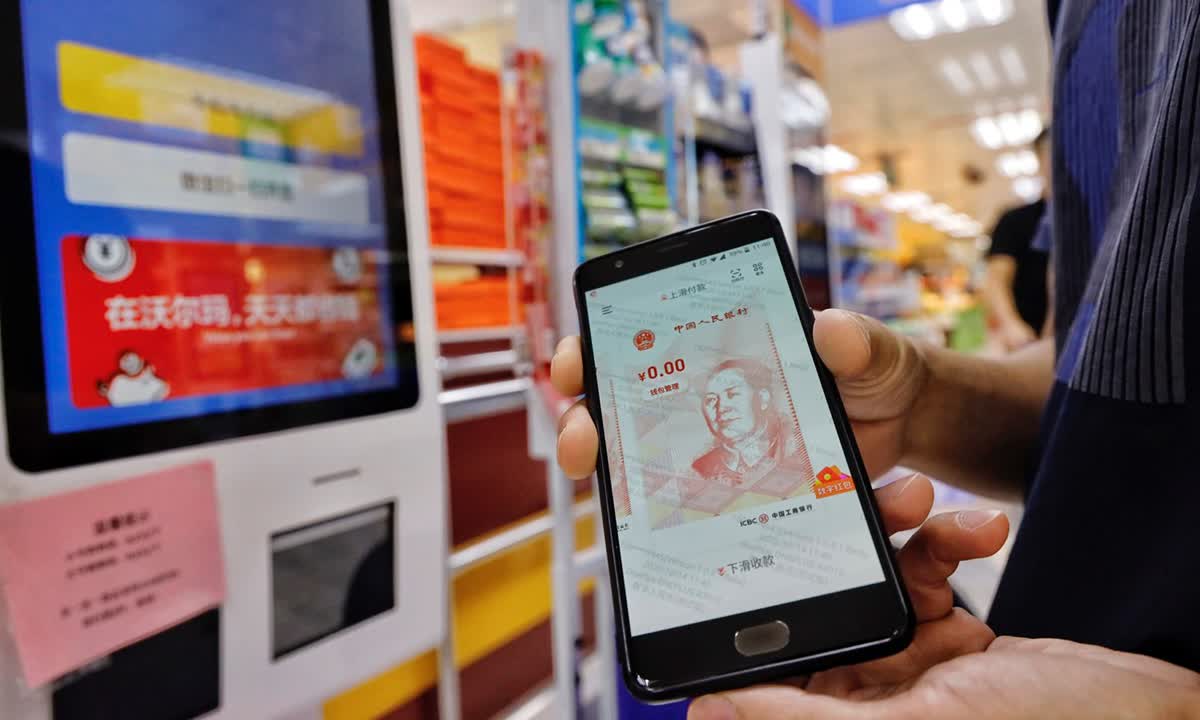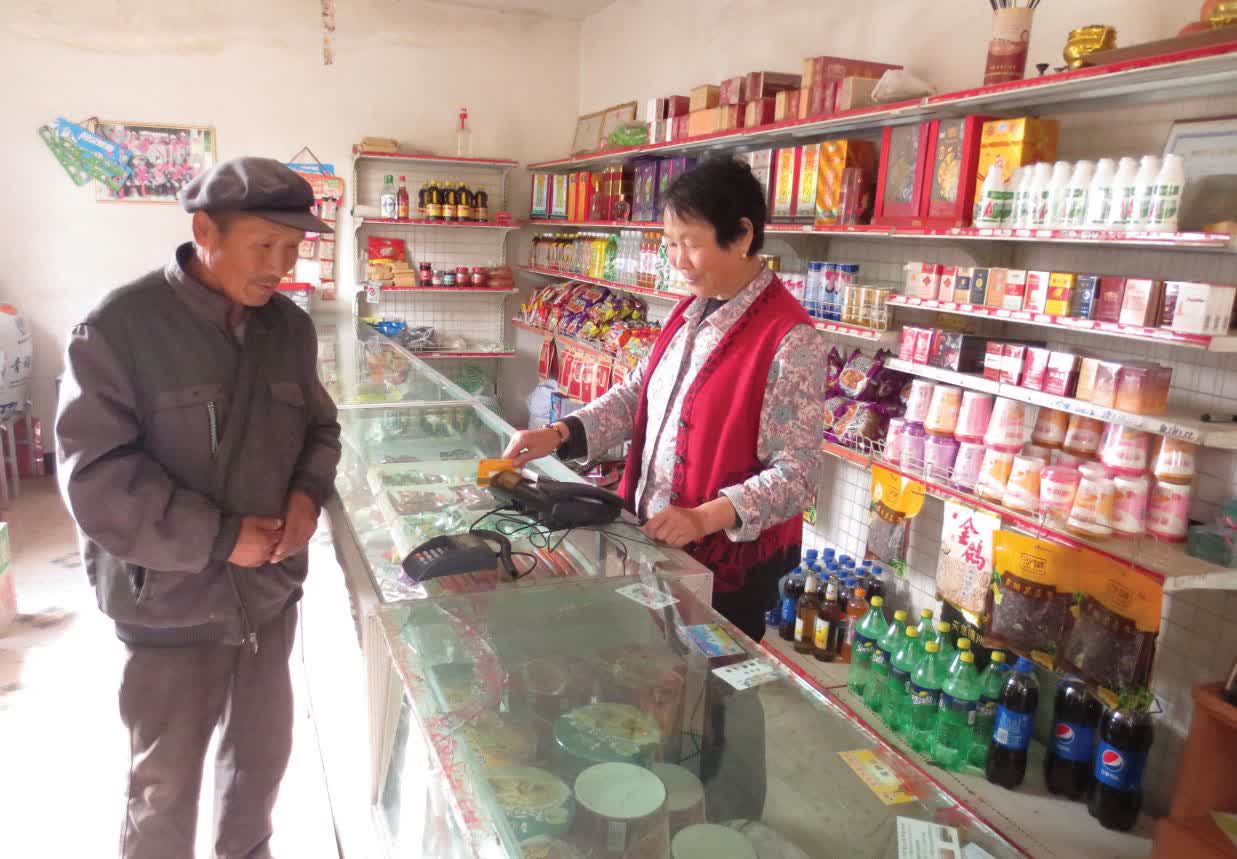In context: Most of us have been paying for goods and services digitally using services such as PayPal and Skrill, but that doesn't mean we are doing it with digital currency. However, China plans to completely replace the yuan in its physical form in favor of its digital currency, the digital yuan.

Unlike Bitcoin, Ethereum, and other cryptocurrencies, the digital yuan is a digital currency plain and simple. Instead of promoting a decentralized and anonymous system similar to that of crypto, the digital yuan is based on a centralized system controlled by the People's Bank of China. In this system, the Chinese government can track every digital yuan movement, allowing it to see how people are using the currency.
The digital yuan will work similarly to other virtual payment systems. Users can make operations through an app or a card that won't require online connectivity. Up to now, the app has already been downloaded by more than 100,000 users. Early adopters have received small amounts of digital yuan to test the system, which allowed them to spend on merchants like Starbucks and McDonalds.
At a certain point in time, the digital yuan will eventually replace the paper yuan. For every digital yuan issued, a physical yuan will be cancelled, preventing the introduction of more money into circulation.

China also plans to expand its new digital currency to other countries, providing faster and cheaper international payments for business and consumers. The digital yuan is being developed by the People's Bank of China since 2014, back when one Bitcoin was worth less than $1,000.
China isn't the only country developing a digital currency. There are currently more than 60 countries developing or studying the possibility of introducing their own digital currency. Sweden, for example, has already tested the use of a digital krona. The Bahamas have also issued a digital currency called the Sand Dollar, which is available to all citizens.
As for a digital U.S. dollar, treasury secretary Janet Yellen thinks "it makes sense for central banks to be looking at it." Jerome Powell, the federal reserve chairman, has also commented on it, stating it is a "high priority project for us."
Image credit: Li Hao/Global Times
https://www.techspot.com/news/89207-digital-yuan-china-digital-currency-replace-yuan-physical.html